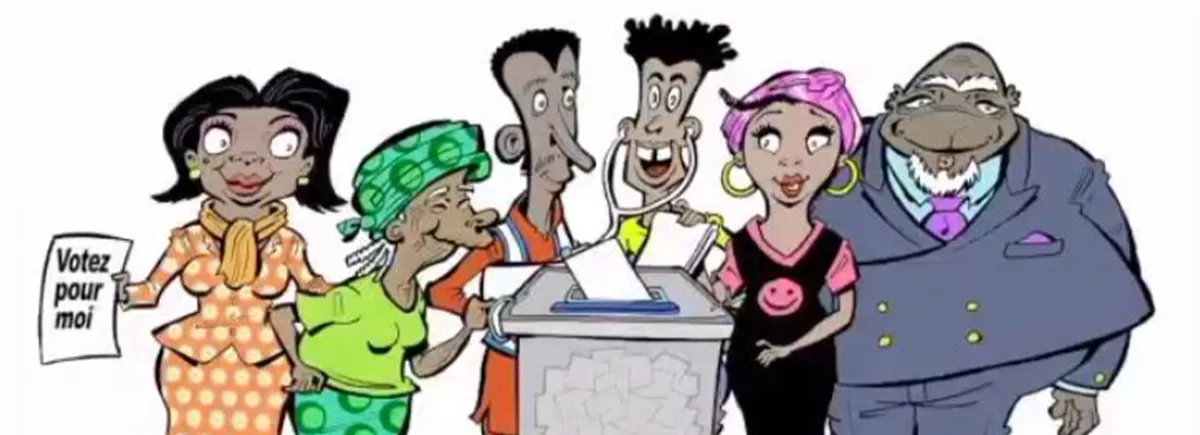
Regional, legislative and presidential elections in Burkina Faso and Niger: videos to encourage good behaviour during election periods
Related project
MediaSahelCFI is broadcasting a series of ten videos with a light and humorous tone to raise awareness among young people in these two countries of the civic issues involved in electoral processes.
Burkina Faso and Niger are preparing to hold presidential and legislative elections. Voting will take place on 22 November in Burkina Faso, while in Niger, where regional elections will also be held, voting will last for four months (from December until March 2021). With this in mind, CFI is broadcasting a series of ten videos aimed at raising awareness among young people of the civic issues involved in electoral processes. This initiative is part of the “MédiaSahel” project, which aims to use the media to contribute to the inclusion of young people in the stabilisation and development of democracy in the Sahelian countries.
Created by Damien Glez, a French-Burkinabe press cartoonist, the videos remind young people of the importance of exercising their right to vote, of contributing peacefully to the democratic debate, of complying with the electoral rules and of seeking information from reliable media sources. The videos were created in French and then translated into ten local languages to ensure that everyone is able to understand them, regardless of where they come from and what language they speak: Mossi, Fula, Gourmantché, Dyula and Bissa in Burkina Faso; and Tamashek, Fula, Hausa, Zarma and Kanuri in Niger).
They are published on social media by a network of influencers from Burkina Faso who are very active on WhatsApp, Facebook and Twitter. They are also broadcast several times a day by various television channels. This will continue until the electoral campaigns come to an end (Burkina Info, Savane TV and BF1 in Burkina Faso and Labari, Niger 24 and Canal 3 in Niger). Young people are also recruited in various localities to ensure that the videos are disseminated more broadly and more directly at the local level.


